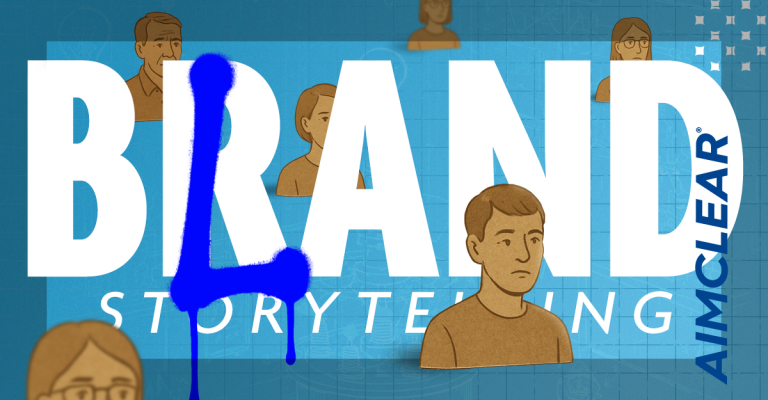The Advanced Paid Search Techniques session on Day 3 of SES San Jose brought together a fantastic group of marketers offering advice and guidance for getting the most out of paid search campaigns. Moderator Chris Boggs, Director of SEO at Rosetta kicked off the session.

Thomas’s presentation focused on detailed measurement necessary to achieve success in paid search.
- Search funnel: It’s important to understand that there are 3 types of searches (navigational, informational, transactional).
- Searchers will use multiple phrases related to the same keyword theme before and after the conversion, which indicate different types of intent (“buy HP notebook” is transactional versus “best notebooks” is informational versus “hp.com” being navigational)
- A quarter of all tracking data is wrong. 25% of conversions need 2+ clicks (based on internal research at Refined Labs).
Attribution Management
- Try to understand cross-channel effects
- The brand works better with generic terms [“brand” keyword]
- Define a value for all clicks leading to conversion [attribute multiple clicks]
- The longer the sales cycle, the more important
- In doubt credit the last click the most, but not everything [credit a larger percentage of the sale to the last click]
Optimize for your KPI’s
It’s important to measure all possible data, including keyword and ad copy performance, placement and landing page optimization. Other important KPI’s include revenue per impression/click and page impressions/click.
Make sure to use your analytic package’s filter functionality as much as possible.
Cutting the long tail short
Thomas showed example of how important it is to use exact match, phrase match and negative keywords
The Paris Hilton does not necessarily want their PPC ads to appear when search intent might lead to celebrity videos under the same keyword search

Utilizing search query reports
- Get direction in your keyword strategy. Start with general, core keywords and use search query reports to refine and expand the keyword list.
- Add exact match opportunities based on ROI and incorporate negative keywords when its clear the user intent does not match the advertising objective.
Mining the long tail
- Continue expanding the keyword set. Systematically expose under-explored keywords in order to obtain more insight and data on keyword effectiveness. The goal is to reduce revenue reliance on only a small percentage of keywords.
- Bid on long-tail keywords with confidence. Brainstorm and expand the keyword set using semantic relevance (cape cod “hotels” versus “resorts” versus “vacation properties”). [Bill used search engine API’s to develop an internal tool for this discovery process.]
Using seasonal data
- Use historical data to assist with decisions on PPC visibility and bid management. This is incredibly important for seasonal sales cycles.

Andrew stresses “greedy” [a sexy way of saying “optimal”] ad testing strategies. You want the best ad to stand out from the keyword competition. Use PPC performance reports to find this [Andrew acknowledges that it is not as easy as it sounds].
- Think about your objectives: While Google’s most important factor with quality score is CTR your business is [should be] most concerned with cost per acquisition.
- Find the double winner: the ad that has a high CTR without hurting ROI. You will test many variations of landing pages [Andrew points out that for one client they tested over 60 variations] as well as ad copy.
Ways that you can find the double winner
- Keep your ads “in play” so you have more data to analyze performance
- Don’t make mistakes with latency or date ranges
- Must use multivariate testing
- Consider attributes of winning ad creative “account wide”
- Seek to understand why some ads become “double winners”
- Evaluate and improve the call-to-action
- Refine and text ad copy for the most effective messaging

Sage took us through a series of PPC headlines which could offer opportunities for search marketers [he may have just wanted session bloggers to type really fast].Sage Lewis, President of SageRock.com
Sage took us through a series of PPC headlines which could offer opportunities for search marketers [he may have just wanted session bloggers to type really fast].
Some of the important search advertiser-related headlines included:
- The rise of Hulu as a platform for video advertising [commands as much as TV, and 10% of online video ads]
- The rise of video advertising in general
- Search Ads are less helpful than TV or newspaper [37% said TV ads were most helpful, in comparison to 14% indicating search ads]
- Search plus display still the hottest online ad combo in Q1 2009 [119% revenue life in offline sales when used in combination]
[Author comment: While the slides were interesting, it would have been helpful if references were cited; particularly for those with access to the presentations for download]

Ari works for the “third largest search network” 🙂 Ari cautions that many marketers fall into one of two categories when it relates to data: either too much data or limited/no access to data [both of these create problems].
The key takeaway from Ari’s presentation was simple: It’s important to set a target CPA and evaluate your historical CPA across all of your advertising channels.
Strike out the advertising channels that do not perform up to the expectations of your targeted CPA and increase the budgets for those channels and campaigns that drive revenue for your business.
Derek Edmond is a Managing Partner of KoMarketing Associates, specializing in B2B Internet Marketing for the technology, industrial and professional services industries









